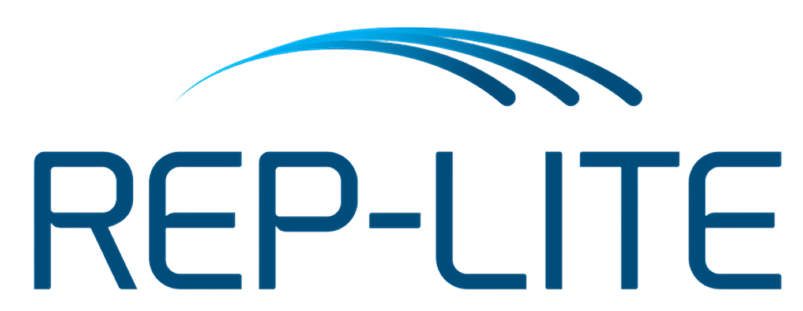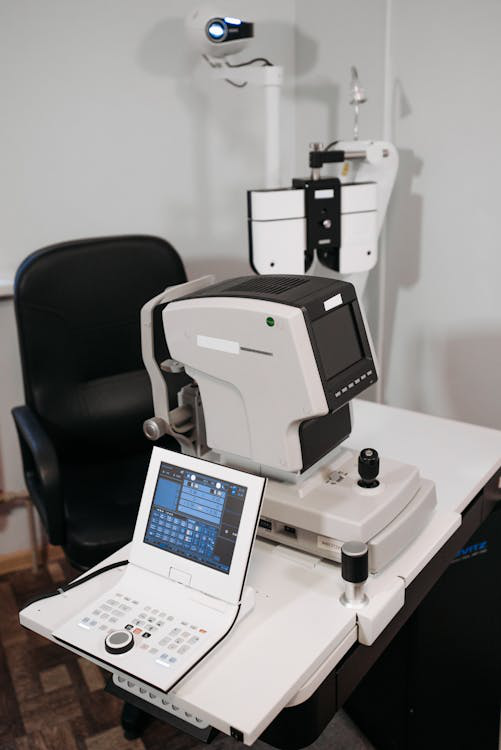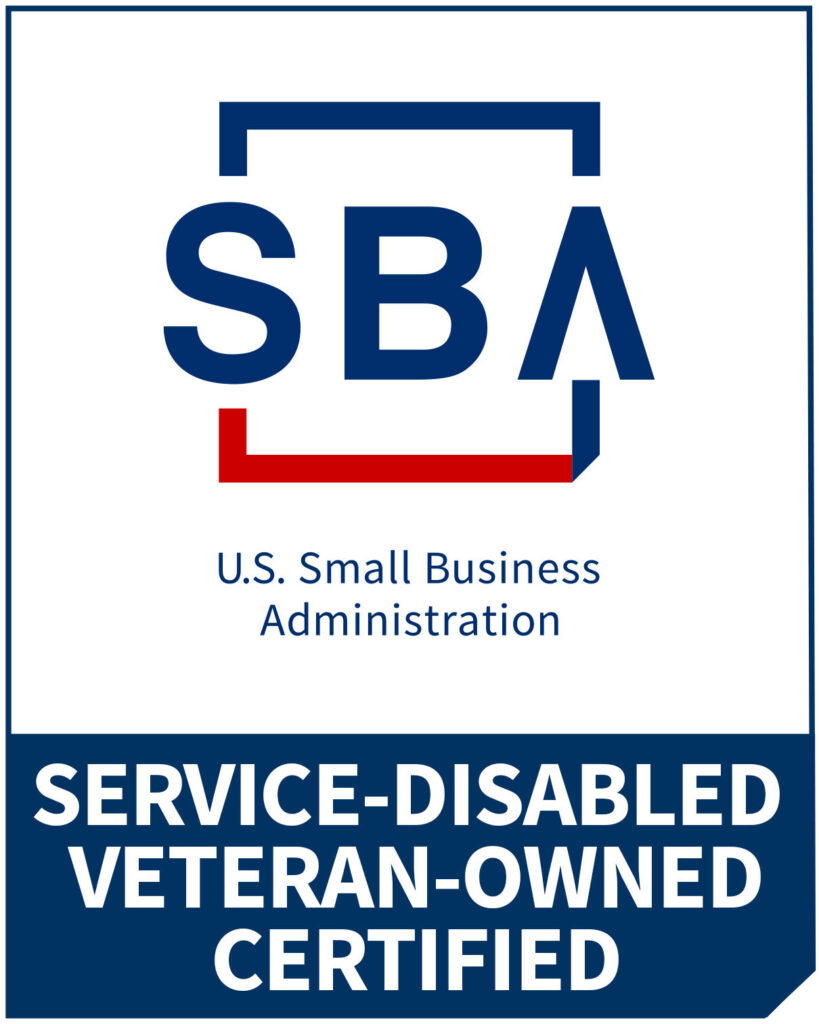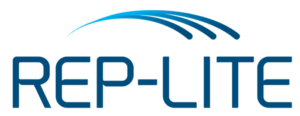Getting into pharmaceutical sales and selling pharmaceutical products may require patience and persistence, but for individuals with the right qualifications and a passion for the field, it can be a rewarding and financially lucrative career.
In this article, we’ll delve into the intricacies of how to get into pharmaceutical sales and the pivotal role of training.
What is Pharmaceutical Sales?
Pharmaceutical Sales refers to selling prescription and over-the-counter (OTC) medications, medical devices, and other healthcare products to healthcare professionals, or medical providers such as doctors, pharmacists, and hospitals.
Pharmaceutical sales representatives (commonly known as “pharma reps” or “drug reps”) are responsible for promoting and educating healthcare providers about their company’s products, with the ultimate goal of increasing product sales and market share.
Why Pursue a Career in Pharmaceutical Sales?
There are several reasons why individuals choose to pursue a career in pharmaceutical sales. There is the potential for pharmaceutical sales representatives to enjoy competitive earnings through salaries, commissions, and bonuses in a relatively stable pharmaceutical industry with plenty of room for career growth.
There are interactions with various healthcare professionals, attending conferences, and staying up-to-date on the latest medical technology advancements, making it a diverse and intellectually stimulating career. Being a pharmaceutical sales representative is highly rewarding as it allows you to work independently while you play a role in getting important medications and products to those in need.
Qualifications for Pharmaceutical Sales Jobs
This pharmaceutical industry is highly competitive and requires a combination of medical knowledge, interpersonal skills, and business acumen. The specific qualifications and requirements for pharmaceutical sales reps may vary from one pharmaceutical company to another.
Education Requirements
Many pharmaceutical companies prefer pharmaceutical sales candidates with a bachelor’s degree in a relevant field, such as biology, chemistry, pharmacology, or a healthcare-related discipline. While not always mandatory, having a degree can enhance your competitiveness.
Experience Requirements
While a pharmaceutical sales representative’s educational background is more flexible, a great deal of value is placed on experience. Sales experience is highly valued. Candidates with a background in sales, especially in the pharmaceutical or medical device industry, have an advantage.
Prior experience in healthcare-related positions can also be beneficial to become a pharmaceutical sales rep. Roles like pharmacy technicians, medical sales representatives, or positions in healthcare facilities can provide a strong foundation.
Pharmaceutical sales roles often require a track record of successful sales and meeting or exceeding targets. Therefore demonstrating your ability to drive sales can make you a more attractive candidate.
Skills and Abilities
You may have a bachelor’s degree and experience through years of working as a pharmaceutical sales rep, but do you have the skills and abilities? Do you have to know how to get into pharmaceutical or pharma sales reps? Here are a few checkpoints you should try:
- Communication Skills: Effective verbal and written communication is essential. You must be able to convey complex medical information to healthcare professionals clearly and engagingly.
- Interpersonal Skills: Building and maintaining relationships with healthcare professionals, including doctors and pharmacists, is a critical aspect of the job. Strong interpersonal skills and the ability to establish rapport are crucial.
- Product Knowledge: In-depth knowledge of the pharmaceutical products you represent is essential. You should be able to discuss the benefits, side effects, and uses of the medications with healthcare professionals.
- Business Acumen: Understanding the pharmaceutical market, competition, and the business side of the industry is just as important as sales skills. You should be able to analyze market trends, identify opportunities, and develop sales strategies.
- Adaptability: The healthcare industry is constantly evolving, so adaptability is key. You must stay updated on new products, regulations, and healthcare advancements.
- Time Management: Pharmaceutical sales representatives often manage their schedules, making time management skills important. Prioritizing tasks and maximizing productivity is crucial.
- Negotiation Skills: Negotiating contracts, prices, and terms with healthcare professionals may be required. Strong negotiation skills can help secure deals and partnerships.
- Technology Proficiency: Familiarity with customer relationship management (CRM) software, electronic health records, and other digital tools can be advantageous for tracking customer interactions and sales data.
- Problem-Solving Skills: The ability to identify challenges, develop solutions, and adapt your approach to overcome obstacles is valuable in pharmaceutical sales.
- Ethical Conduct: Maintaining ethical conduct is essential, as pharmaceutical sales representatives must adhere to industry regulations and codes of ethics.
How to Find Pharmaceutical Sales Jobs

Now that you’re exploring how to get into pharmaceutical sales it’s time to find a pharmaceutical sales job. Similar to breaking into the medical sales industry, finding pharmaceutical sales jobs can be a competitive process. However, there are several effective methods to discover job opportunities in this field. Here are some ways to find pharmaceutical sales jobs:
Networking
Pharmaceutical sales reps should commit to joining pharmaceutical or healthcare-related professional associations that can help them connect with industry insiders and access job listings. Having a LinkedIn and attending industry events helps you connect with professionals in the pharmaceutical industry.
You may also try reaching out to professionals in the pharmaceutical industry and request informational interviews to learn about their career paths and potentially discover job leads.
Job Boards
Job boards and networking events for sales reps. Specialized job boards often have a wide range of job listings. While general job boards may feature some sales job listings. You can use websites to search for positions by using relevant keywords.
Company Websites
Pharmaceutical companies frequently post sales rep job openings on their official websites. Visit the career sections of the drug companies you’re interested in and monitor their job listings. Most large pharmaceutical companies have dedicated sections for job seekers.
How to Prepare for a Pharmaceutical Sales Interview
Pharmaceutical sales interviews often involve a mix of behavioral questions, scenario-based questions, and questions related to your professional network and knowledge of the products you’d be representing. We recommend you prepare for pharmaceutical sales reps interviews:
Research the Company
Similarly to finding medical device sales jobs, you have to thoroughly research the pharmaceutical company you’re interviewing with. Your aim should be to understand its history, mission, products, target market, and recent developments. Then familiarize yourself with the company’s competitors and the broader pharmaceutical industry. This knowledge will help you engage in informed discussions during the interview.
Practice Answering Common Interview Questions
You should also anticipate and prepare responses to common pharmaceutical sales interview questions, such as:
- Tell me about yourself.
- Why do you want to work in pharmaceutical sales?
- What do you know about our products?
- How would you handle objections from healthcare professionals?
- Describe your approach to building and maintaining client relationships.
- What is your sales strategy?
- How do you stay updated on industry trends and medical knowledge?
Use the STAR method (Situation, Task, Action, Result) to structure your answers when discussing past experiences and achievements.
Dress Professionally
Choose professional attire for your interview. Business attire is typically the appropriate choice, which includes a well-fitted suit, polished shoes, and minimal accessories. Please ensure that your appearance is clean, well-groomed, and reflects a professional image. Pay attention to personal hygiene and cleanliness.
Be Confident
Confidence is how to get into pharmaceutical sales. Practice confident body language, such as maintaining eye contact, offering a firm handshake, and sitting or standing with good posture. Show them that you believe in your qualifications and the value you can bring to the company. Your confidence will inspire trust and credibility.
How to Ace Your Pharmaceutical Sales Training
Pharmaceutical sales training is an ongoing process. It continues throughout your career as you adapt to new products, industry changes, and sales strategies. Your ability to adapt, learn, and stay updated will contribute to your long-term success in pharmaceutical sales.
Pay Attention and Take Notes
Your first responsibility to yourself is to actively engage in the training sessions by paying close attention to the material presented. Take detailed notes to help you retain information and refer back to it when needed.
Be diligent about understanding product details, medical terminology and knowledge, sales techniques, and company policies. This knowledge will be crucial when interacting with healthcare professionals.
Ask Questions
You owe it to yourself to not hesitate to ask questions when you encounter something you don’t understand or need further clarification on. Training sessions are the ideal time to address any uncertainties.
Be sure to seek feedback from your trainers and mentors. Their insights can help you improve your performance and adapt your approach.
Practice Your Sales Pitch
Mastering your sales pitch is a fundamental aspect of being a pharmaceutical sales rep. Practice your pitch until you can confidently and persuasively communicate the key features and benefits of your products.
Conduct mock sales calls with colleagues or mentors to refine your presentation skills. Focus on addressing common objections and providing compelling responses.
Be Patient and Persistent
Now that you’re working on how to get into pharmaceutical sales it’s time to understand that learning the nuances of pharmaceutical sales can take time. Be patient with yourself and understand that you might face challenges along the way.
Persistence is key as a pharmaceutical sales representative. Building relationships with healthcare professionals, gaining their trust, and achieving consistent sales may require time and effort
How to Succeed in Your Pharmaceutical Sales Career

Succeeding as a pharmaceutical sales rep requires dedication, a customer-centric approach, and a commitment to professionalism and ethical conduct. Here are key steps to help you achieve success in many pharmaceutical sales jobs in the pharmaceutical industry:
Build Relationships with Doctors and Pharmacists
Developing strong relationships with healthcare and healthcare professionals, such as doctors and pharmacists, is important. Being respectful, trustworthy, and reliable in your interactions is how to get into pharmaceutical sales while showing a genuine interest in their needs and concerns.
Aim to understand their preferences and work to tailor your approach to match their communication style and expectations.
Provide Excellent Customer Service
Exceptional customer service is a hallmark of success in pharmaceutical sales. Ensure that you are responsive to inquiries, provide accurate information, and offer solutions to healthcare professionals’ needs.
Be available and accessible for your clients, and be quick to address any issues or concerns.
Stay Up-to-Date on the Latest Products and Research
You should try continuously expanding your product and scientific knowledge. Stay informed about new medications, medical devices, and treatment options. Understand the scientific basis behind your products.
Keep up with the latest research, clinical trials, and medical literature in your therapeutic areas. Being well-informed allows you to provide valuable insights to healthcare professionals.
Set Goals and Track Your Progress
Establish clear and achievable sales goals then break them down into smaller, measurable objectives. Regularly tracking your progress allows you to adapt your strategies as needed. Always analyze your sales data, identify trends, and adjust your approach to maximize your success.
Be a Team Player
Collaboration is often essential in pharmaceutical sales. Work closely with your colleagues, including other sales representatives, marketing teams, and product managers. Sharing information and best practices with your team, allows you to be open to learning from others.
Summary
Once you understand how to get into pharmaceutical sales it’s easier to appreciate how being a great pharmaceutical sales representative is both competitive and rewarding at the same time. With the right mindset, skills, and targeting the right opportunities there is a high chance of becoming a successful pharmaceutical sales rep.
Learn more about how Rep-Lite can help you land your dream role in the medical sales industry today.





















